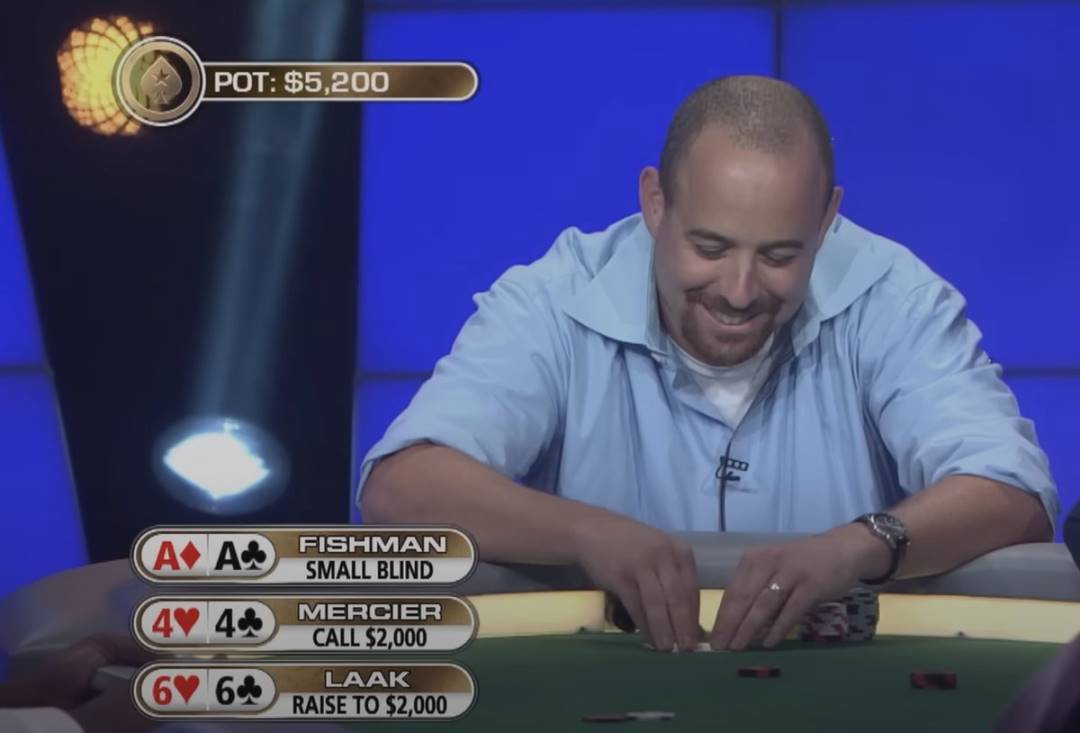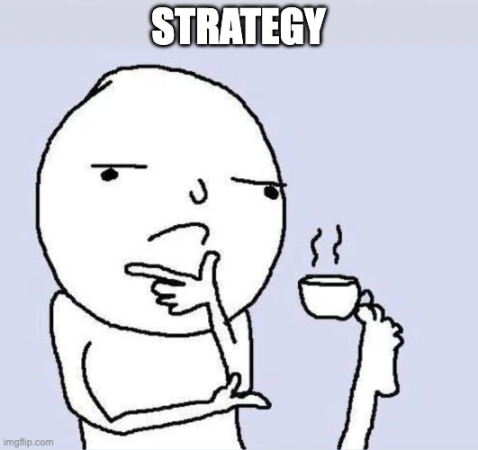A friend asked me the other day, “Do you think $200,000 can change your life?”

For some, the answer is yes; but for others, it's not at all. It's this cognitive gap that keeps most of us lost—because we've never been clear about what "life-changing money" or "financial freedom money" actually means to us.
Here's a story about a friend's unexpected profit and a poker player who, through clear goals and self-discipline, proactively folded pocket aces (a very strong starting hand in poker).

At first I dismissed the idea, saying, “$200,000 is a nice sum, but it’s not life-changing.”
My friend immediately interrupted me and said, "You are too unrealistic because of the influence of the cryptocurrency community."
He's right. In the cryptocurrency world, people talk about millions of dollars in profits and losses as easily as if they were just pocket change. This environment distorts your perception, making you think that "anything less than seven figures is not worth mentioning."
But stepping outside that circle reveals that $200,000 could help someone pay off debt, partially repay a mortgage, or buy someone a few years of "breathing space" (time without having to worry about making a living). This kind of money can truly change a life.
To think this through, the key is to answer three questions:
How much money do you need? — An amount that covers your actual living expenses, debts, and an emergency fund.
How much money do you want? — An amount you can use to improve your quality of life, buy comforts, or stop worrying about bills.
How much can you realistically earn? — This is determined by combining your work income, savings rate, and your actual strengths in crypto.
For a teacher who earns $80,000 a year, a one-time benefit of $200,000 is absolutely huge;
For a banker making $200,000 a year, that's great money, but not enough to completely change one's life;
For someone making a seven-figure salary, $200,000 might just be the profit from another ordinary trade.
"Life-changing money" is never an absolute number; it is always relative to your life baseline and personal perception.

The psychology of “enough”
There is a cognitive trap here: human desires will continue to escalate.
When you make $200,000, your goal suddenly becomes $500,000; when you make $500,000, you think $2 million is enough. Cryptocurrency exaggerates this mentality because the returns can be so drastic: you wake up feeling like your life has changed, and by the evening, it can be back to square one.
It's like playing poker: sometimes it seems ridiculous to discard your "pocket aces" (a good hand), but insisting on pursuing a bigger profit on the next round will make you lose everything.
The real risk is not "losing", but "never knowing that you have won".
Think in terms of ranges, not absolute numbers
Rather than viewing “life-changing money” as a binary concept, it’s better to think of it as a gradient:
1. Improve your living standards: Money that can bring you small happiness and enhance your daily comfort.
2. Life-changing: Money that can reset your living standards and completely improve your situation.
3. Financial freedom level: Money that allows people to have complete control over their lives without having to compromise.
What level do you really want to reach? What level are you capable of reaching? If you don't clarify it in advance, you will always be trapped in other people's rules and blindly chase after them.
The trade-off between time and money
Change to a more sober perspective: Don’t just focus on the “amount”, but also pay attention to “how much time” this money can buy.
The current $200,000 might buy you a 3-5 year "buffer period" (free time to plan your own future without having to worry about making a living);
* But you may also choose to take a risk and try to turn the 200,000 into 2 million, but end up with nothing.
In the cryptocurrency world, "get-rich-quick" stories are commonplace, but the real key lies in transforming these fleeting gains into sustainable livelihood security. Measuring success by "free time gained," rather than "numbers in your account," will keep you grounded and grounded.

Poker's Lessons
There is a video of a poker game that gave me a personal experience of this principle.
David Fishman, a teacher, entered a high-stakes poker tournament. He was dealt pocket aces—one of the strongest starting hands in poker—but he folded before the flop (you can see this at 7:00 PM in the video).

Everyone thought he was crazy until after the flop, when everyone realized the other player had four sixes (a hand that easily beat pocket aces). If Fishman had called, he would have lost badly. While discarding pocket aces might seem absurd on the surface, it actually helped him preserve his previous gains.

Why did he fold? Because he had clearly defined his "target amount." His winnings at the time were already three times his annual salary, and to him, that sum was "life-changing money." He didn't want to risk losing money that could completely change his life just to "prove he could play poker." He knew exactly what he wanted: to secure his winnings, return home to his family, and secure the money.

This awareness of "clear goals" is his greatest advantage.

Conclusion
The cryptocurrency world is like an ongoing poker game: everyone wants to "play the next round" in the hope of a bigger payout. But the real win lies in knowing when to stop—and that "stop" doesn't have to be permanent, but you must have a clear strategy.
Improve your life, change your life, and achieve financial freedom - first think clearly about which level you want to pursue, and then determine your "target amount".
If you are not clear about yourself, the market will make decisions for you, and the results are often not very friendly.









